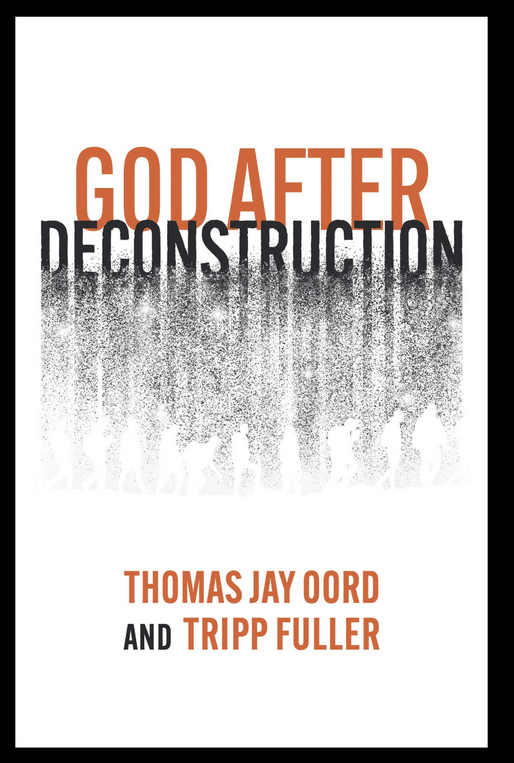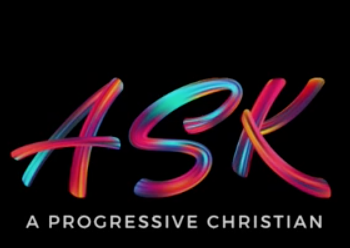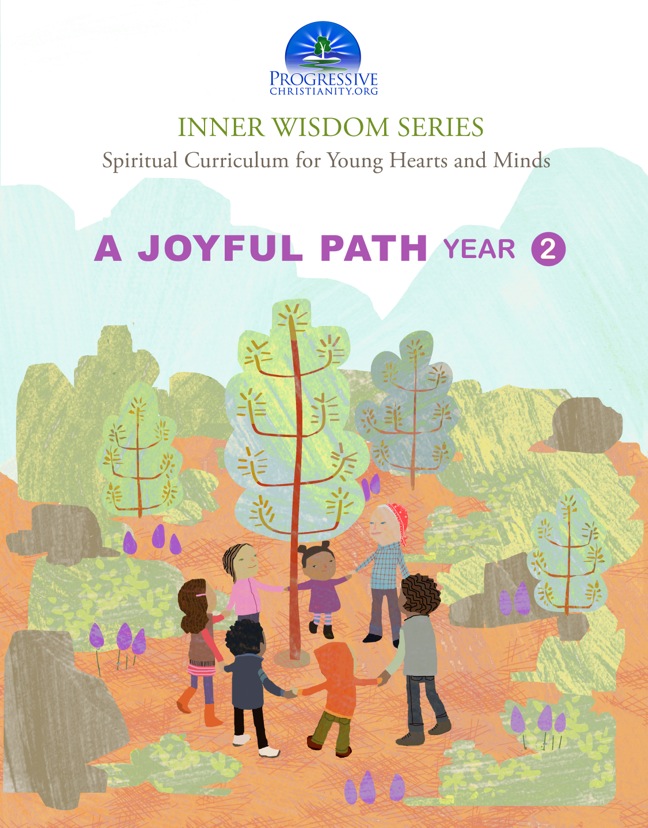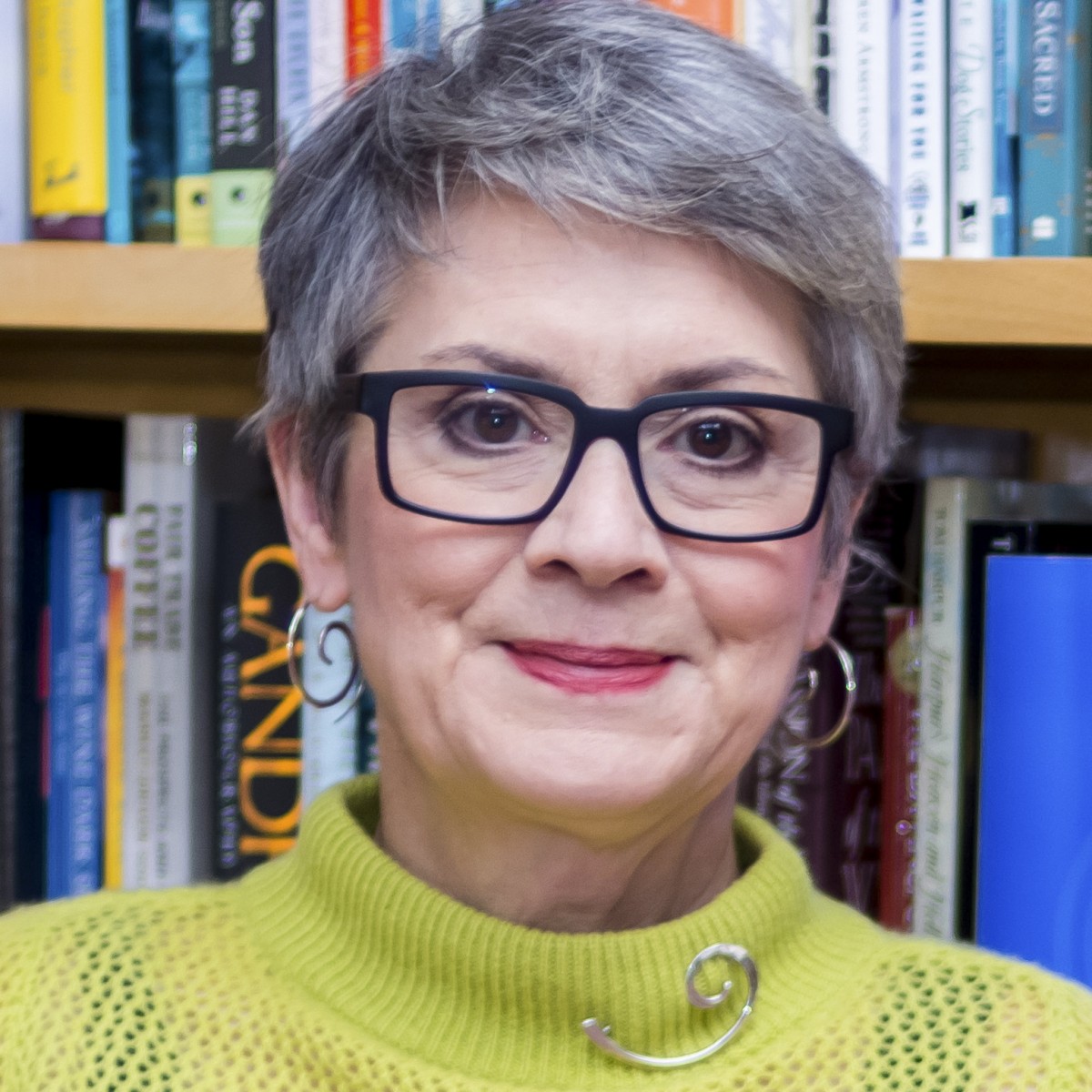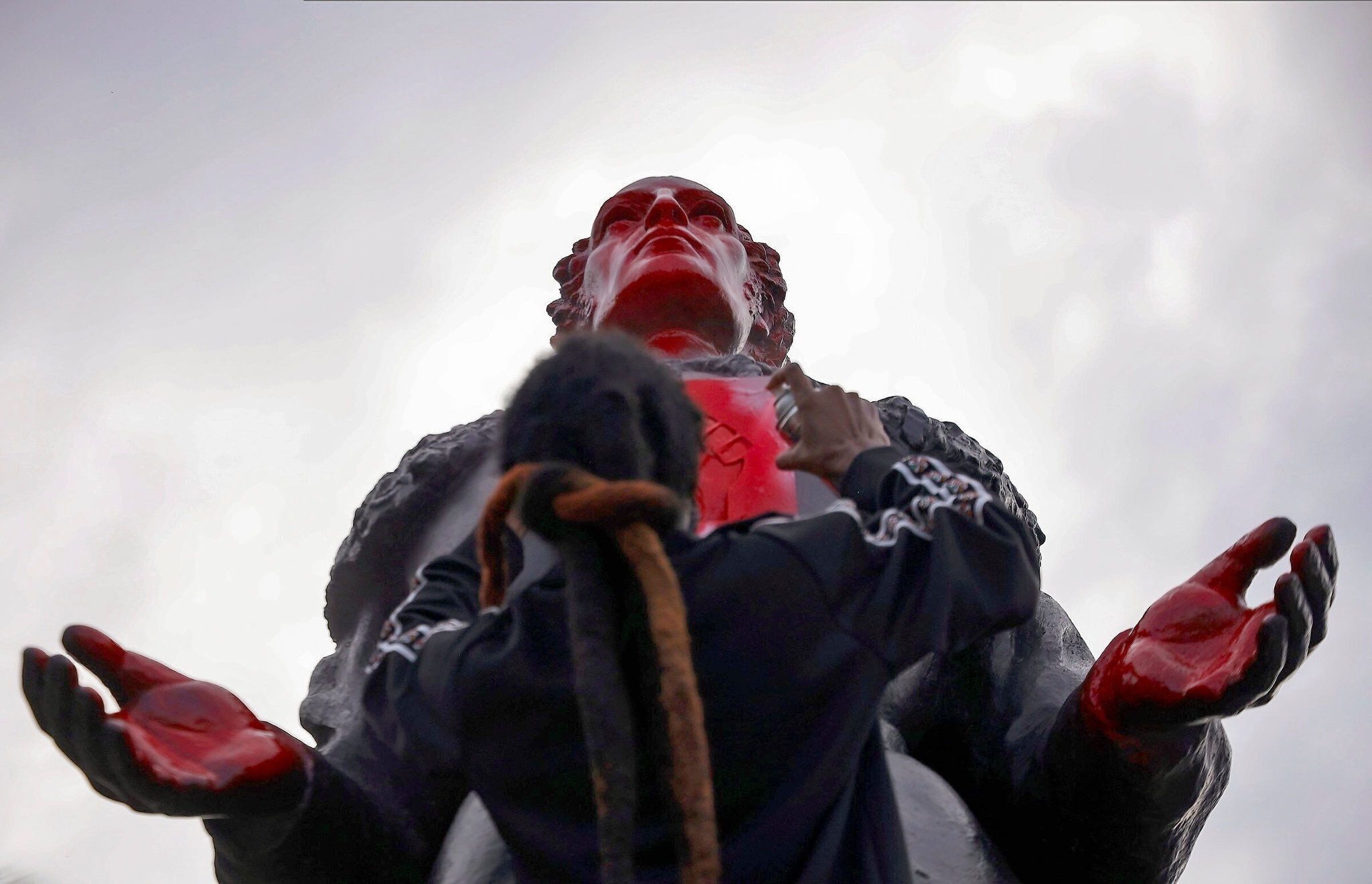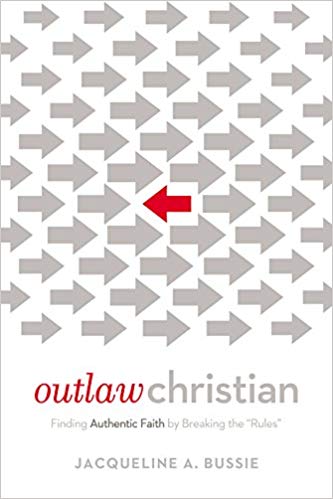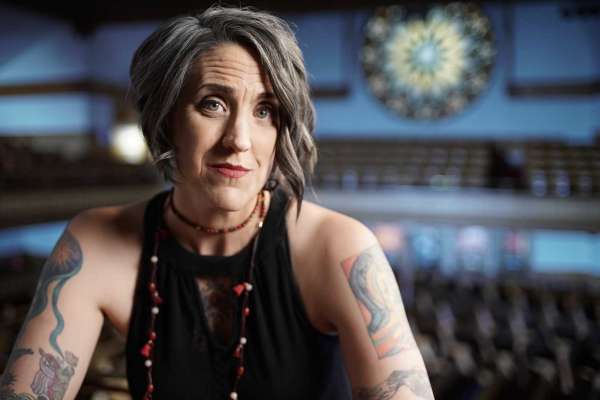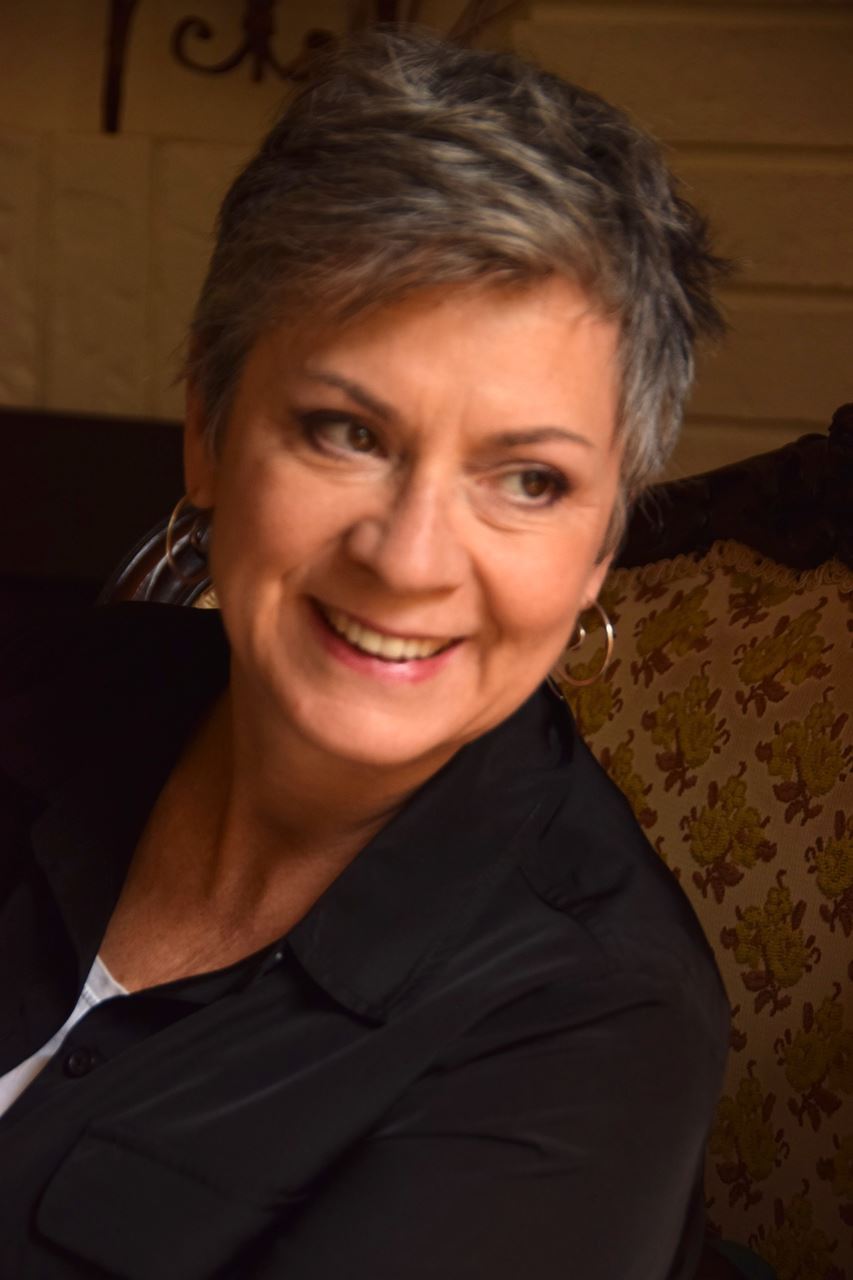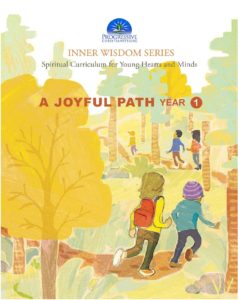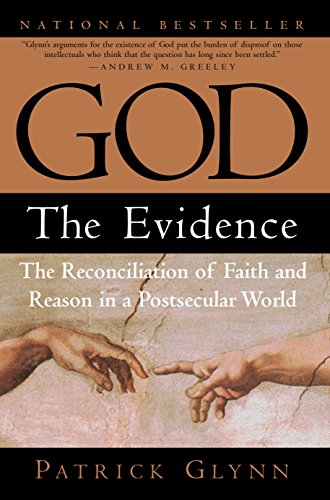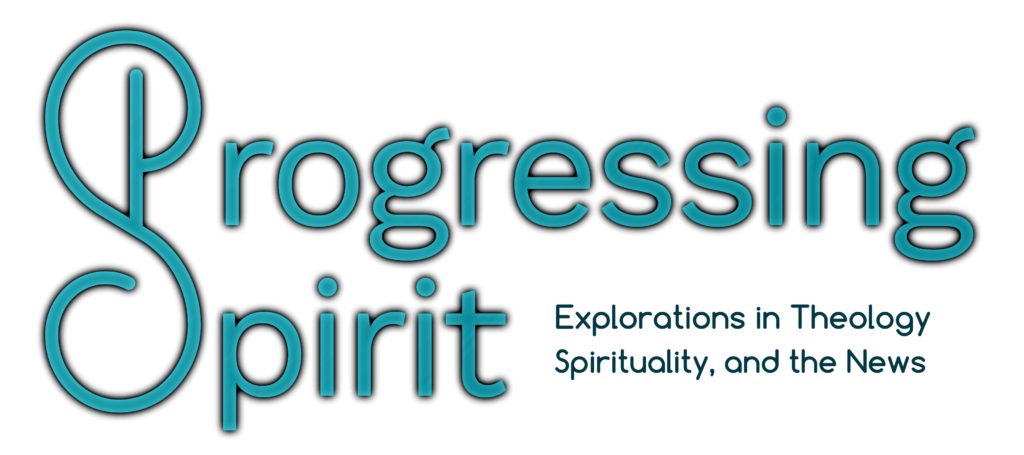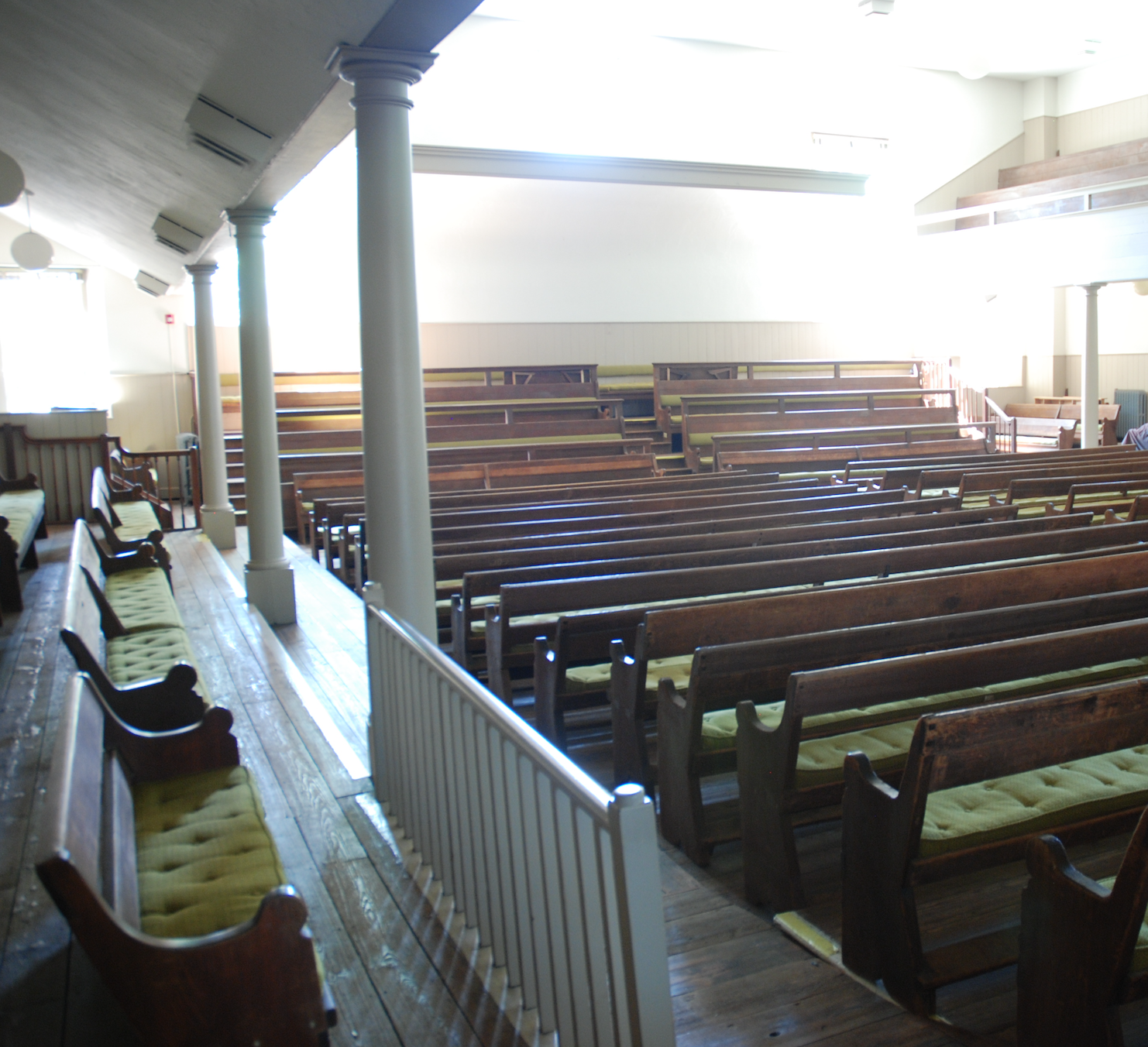Thomas Jay Oord and Tripp Fuller offer an open and relational vision of God. This vision makes sense, fits our experience, and is livable. The open and relational view aligns with our deep intuitions about love and freedom.
Today’s “Ask a Progressive Christian” with ProgressiveChristianity.org Co-Executive Director Rev. Dr. Caleb J. Lines: Can you be a Christian agnostic? A Christian atheist?
The non-religious are by far the fastest-growing religious demographic in America. So how shall we who are progressive Christians talk about our faith with them, when the appropriate occasions arise?
For Classroom and/or Home Schooling
In A Joyful Path, Year Two, we focused on some of the main tenets of Progressive Christianity and Spirituality, giving our children the foundation they need to understand the basics of this path, to clarify their own personal beliefs and be able to discuss those with others, while at the same time showing what it means to walk the path of Jesus in today’s world.
For Classroom and/or Home Schooling
Year Two focuses on some of the main tenets of Progressive Christianity and Spirituality, giving our children the foundation they need to understand the basics of this path, to clarify their own personal beliefs and be able to discuss those with others, while at the same time showing what it means to walk the path of Jesus in today’s world.
“Can you explain how you can be an atheist and a United Church minister?"
For Classroom and/or Home Schooling
Year Two focuses on some of the main tenets of Progressive Christianity and Spirituality, giving our children the foundation they need to understand the basics of this path, to clarify their own personal beliefs and be able to discuss those with others, while at the same time showing what it means to walk the path of Jesus in today’s world.
Pour yourself a drink and join us for good times as we talk about pop culture, theology, and politics from progressive Christian perspective.
Antisemitism should be tied to other hate crimes, like racism, homophobia, Islamophobia, to name a few, but understood as having a distinct history and motivations. Holocaust Remembrance Day reminds us of the history.
I am not comfortable with calling myself an Atheist since that often implies belief in no life after biological death. How do you define an Atheist?
Along comes the dispute over the monuments of famous historical figures now considered worthy by some of being knocked off their high horses. It is a reminder for us all to reconsider just who, or what, each of us believes is of such monumental importance and value that we would elevate it to a place of prominence. For those who would follow claim to be followers of a Jesus figure of our own understanding, one might do well to reflect on whatever “divine” attribute one might accord such a revered figure.
I call myself an A-theist. The big A means “against”—I am opposed to theism, which is the belief in a personal god UpThere. I also think that the hyphen—which looks like a minus sign—is an appropriate symbol of my negative opinion of theism and that the little t signifies how unimportant theism is in the twenty-first century.
Our 2020 updated version of the 8 Points of progressive Christianity
Theism, or supernatural theism (for the most part, they bear the same meaning) is a monotheistic conception of God that has been with us since the idea of monotheism first began to emerge in our Judeo-Christian story--after the Exodus (1,200 Before the Common Era), down through the time of the Babylonian Exile (587-538 BCE).
Jacqueline Bussie knows that too many Christians live according to unspoken "laws" that govern the Christian life: #1: Never get angry at God; #2: Never doubt; #3: Never question; #4: Never tell your real story; #5: Always speak in clichés about evil and suffering; and #6: Always believe hope comes easy for those who truly love God.
Pastor Nadia Bolz-Weber on how she experienced a divine intervention that changed her view of God from being one she feared to one that symbolizes grace.
Just as the term “believer” means very different things to those who use it, so do to does the word “atheist” include a wide set of definitions.
In A Joyful Path, Year Two, we focused on some of the main tenets of Progressive Christianity and Spirituality, giving our children the foundation they need to understand the basics of this path, to clarify their own personal beliefs and be able to discuss those with others, while at the same time showing what it means to walk the path of Jesus in today’s world.
In A Joyful Path, Year Two, we focused on some of the main tenets of Progressive Christianity and Spirituality, giving our children the foundation they need to understand the basics of this path, to clarify their own personal beliefs and be able to discuss those with others, while at the same time showing what it means to walk the path of Jesus in today’s world.
For both Classroom and Home Schooling
Are you searching for a way to connect children with an authentic spiritual experience that is inter-spiritual, creative and multi-layered? A Joyful Path is truly progressive Christian curriculum that is inclusive, joy-full, compassionate, and intelligent.
Restoration of a Vision from the Christian Faith Tradition
What might constitute an adequate improvement to the world order? This commentary constitutes an exploration of this pesky, perennial question about "a better world" from the vantage point of one faith tradition, and in contemporary context. Its intention is not to offer novelty or any new revelatory insight, but rather to remember and restore a perspective that lies at the heart of a biblical gospel tradition; based on the teachings of a pre-Easter human Jesus.
When two people respond to each other in empathetic ways, love enters the relationship from a space that is between them.
If God is love, then God is something we do, rather than somebody or something we try to believe in. If God is love, then God is a relationship, and not a Guy in the Sky or some other kind of supernatural entity. If God is love, God is nothing to fear. If God is love, when we really love someone - even of another religion, or of no religion at all - God is in that relationship, blessing it. So these three words wipe away all the theological debates about science and common sense versus religion. These three words sweep away the problem of evil, the perennial conundrum of how an all-powerful God could love people while allowing horrible things to happen to them. If God is love, then God is not in charge of the universe. Love is extremely powerful, but it is not directive. Love does not force anybody to do anything, nor to force anything to do anything to anybody. If God is love, then God is omni-attractive, not omni-potent.
How does a progressive Christian exist with no Christian community of support even from clergy who certainly do discuss modernized theology? It certainly is a lonely vigil.
We are often asked by readers for a reading list for those who want to learn more about Progressive Christianity. Below are some suggestions to get you started:
In the modern age science has been winning its centuries—old battle with religion for the mind of man. The evidence has long seemed incontrovertible: Life was merely a product of blind chance—a cosmic roll of an infinite number of dice across an eternity of time. Slowly, methodically, scientists supplied answers to mysteries insufficiently explained by theologians. Reason pushed faith off into the shadows of mythology and superstition, while atheism became a badge of wisdom. Our culture, freed from moral obligation, explored the frontiers of secularism. God was dead.
Would it be fair for me to promote the notion that you - a self-declared atheist leading a United Church of Canada congregation - and your church are generally promoting humanist values as well as providing the community benefits that churches normally provide?
An inclusive and pioneering exploration of Theology, Spirituality and Current Events
With thousands of subscribers around the globe, Progressing Spirit is the world’s leading outlet for an intelligent, inclusive, and pioneering exploration of today’s theological, spiritual, and social advancements.
By Cap Kaylor on March 16, 2018
In a recent post (3/16/18) on Progressive Christianity, Cap Kaylor asked: “Is Quakerism Becoming a Christianity Without Christ?” He is worried that Quakerism is in a serious decline and is in danger of withering away. He says, “I have come to share the now widely held conclusion that unless the current trajectory is reversed, liberal Quakerism is headed for extinction.” I should note that Kaylor is writing from the perspective of an unprogrammed (silent worship, no ministers) Quaker and not a programmed (speaking, music, and minsters) Quaker. Worldwide only 11% of Quaker Meetings are unprogrammed.

